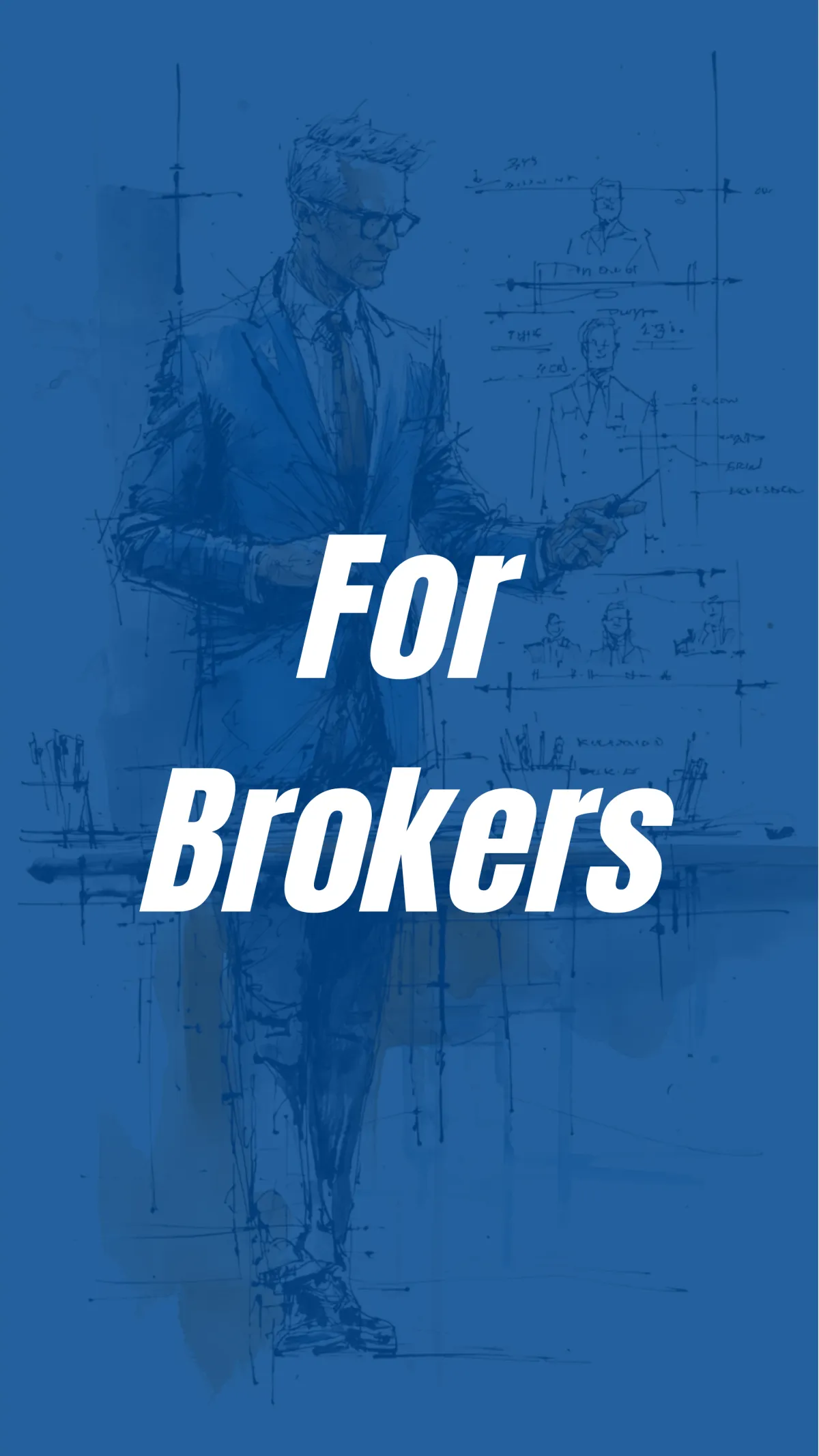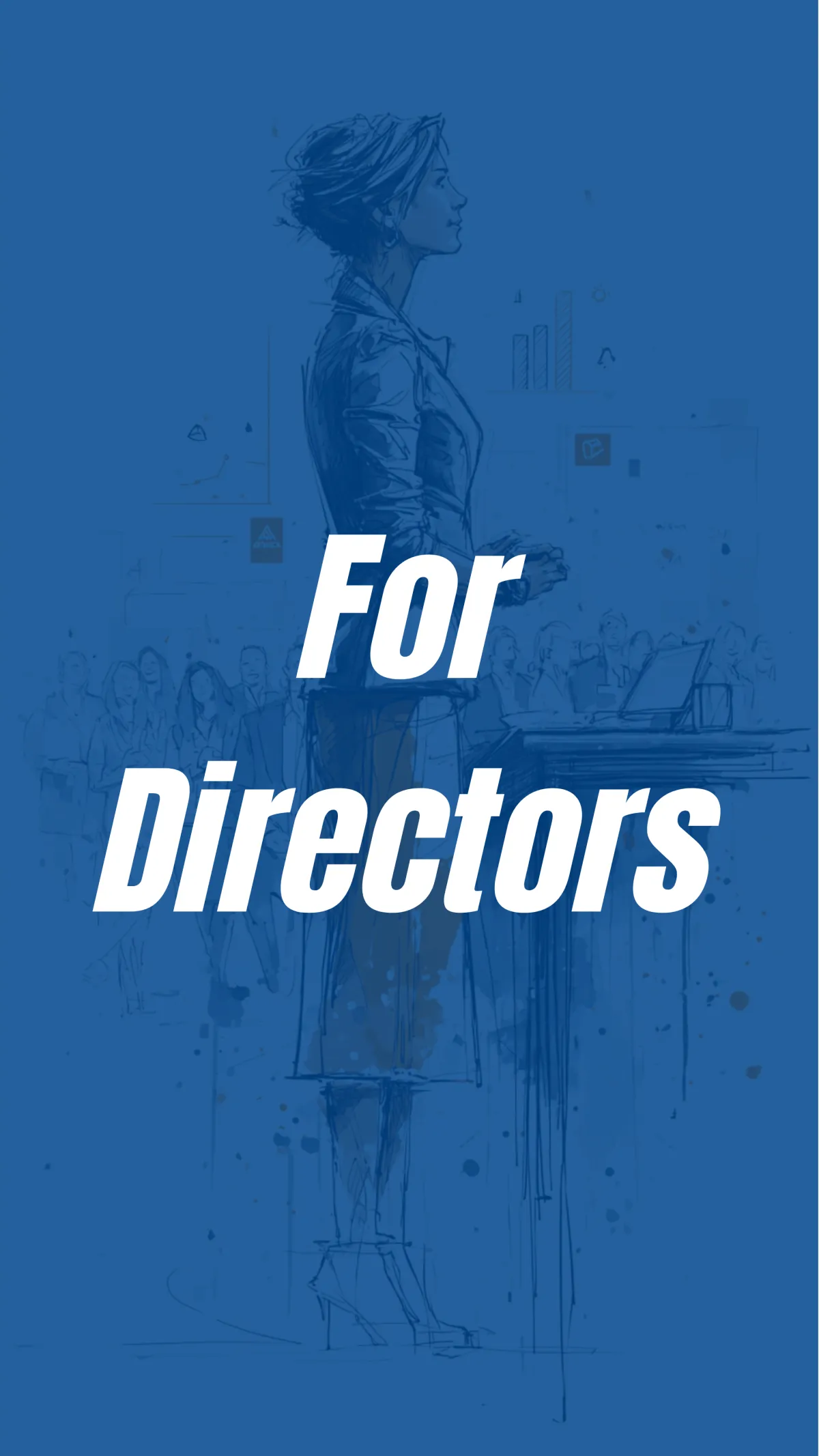
How Can Agents Create Systems That Outlast Market Cycles?
The real estate market feels like a rollercoaster. You soar with multiple offers, then brace for a dip driven by volatile market dynamics. This constant up and down cycle is exhausting and makes it hard to plan for the future. How can agents create systems that outlast market cycles?
The pressure to constantly pivot through various hype cycles can lead to serious burnout. The answer is not a crystal ball; it is about building strong, repeatable agent systems. It is about creating a stable foundation that supports your real business no matter which way the wind is blowing. Enduring companies are not built by chance; they are built by design.
Unlock your potential with AI-powered solutions tailored to your real estate needs. Save time, grow faster, and work smarter. Schedule your discovery session now atlesix.agency/discovery.
Stop Riding the Real Estate Rollercoaster
Many agents operate in a constant state of reaction. When the market is hot, it is all hands on deck to close deals, and systems get pushed to the side. When the market cools, panic sets in, followed by a frantic scramble for new leads. How can agents create systems that outlast market cycles?
This approach directly ties your income and stress level to factors outside your control. This chaos is a recipe for anxiety and makes it hard to feel secure in your business. You must understand market trends without letting them dictate your every move.
The solution is to shift from being reactive to proactive. You can build a business that runs on intentional systems, not market adrenaline. This gives you control, predictability, and peace of mind, even when the market news looks grim.
Build Your Foundation: Core Systems for Any Market
Certain parts of your business should run like clockwork, regardless of whether homes are selling in a day or a month. These are your foundational systems. They are the bedrock of a stable, long-term career.

A CRM That Actually Works for You
Think of your Client Relationship Management (CRM) system as your business's central brain. It should be more than a digital list of contacts; it is the hub for the entire customer journey. A good CRM tracks every interaction, important date, and past client's path.
You should log birthdays, kids' names, and home anniversaries alongside transaction details. This structured data allows for personal connections that lead to repeat business and referrals. These are critical when new leads become scarce and are key to building trust with your sphere.
Statistics from the National Association of Realtors consistently show a high percentage of sellers find their agent through a referral or used an agent they had worked with before. Your CRM is the tool that helps you systematically cultivate those relationships. Designing systems for consistent contact is what separates top performers from the rest.
Master Your Finances and Budget
Financial clarity is non-negotiable for a business built to last. You must know your numbers inside and out, including income, expenses, and profit margins. A solid financial system means tracking everything, from your marketing spend to your mileage.
You can then understand your true cost per lead and what it costs to close a single transaction. It is vital to maintain a separate business account and regularly set aside money for taxes. A good accountant or managing partner can provide invaluable guidance on these matters.
You should also build a contingency fund, a buffer that can carry you through three to six months of slower business. This financial discipline removes the fear from a market downturn, letting you make smart investment strategies instead of desperate ones. This stability provides a significant competitive advantage.
Creating Smart Lead Generation Systems
The way you generate leads has to evolve. In a hot market, leads can feel easy to come by. But when things slow down, the agents who have built a sustainable, diverse pipeline are the ones who continue to thrive.
You must shift your mindset from simply buying leads to earning them through multiple channels. This approach is more sustainable and builds a stronger foundation for your business. It is about creating a predictable flow of opportunities.
Diversify Your Lead Sources
Relying on a single lead source is one of the riskiest things you can do. If your entire business is built on ads from one social media platform, what happens when that platform changes its algorithm? You should aim for a healthy mix of at least three to four consistent lead sources.
Your sphere of influence (SOI) should always be your top priority, as it produces the highest return on investment. Then you can add layers like community networking, creating helpful video content or blog posts, or focusing on a specific geographic farm. The key is to create a web of lead sources so if one slows down, the others can support your business.

Nurture Relationships, Not Just Leads
A transactional business model only works in a fast market. A relational business model works in every market. This means you must build a system for long-term nurturing.
People you talk to today may not be ready to move for a year or longer. Your job is to stay top of mind by being a valuable resource, not just a salesperson. This process is about earning trust over the long term.
Create an email campaign that sends genuinely useful information, like home maintenance tips or lists of local events. Call your past clients just to see how they are enjoying their homes. As leading industry voices at Inman often highlight, agents who build deep relationships find that business comes to them through referrals, eliminating the need to chase every new lead.
How Can Agents Create Systems That Outlast Market Cycles? Creating an Unforgettable Client Experience System
In a competitive market, your client's experience is what truly sets you apart. A standardized, high-touch service plan makes every client feel like your only priority. This level of care is what creates advocates who happily refer you for years to come.
Map Out Your Communication Plan
Great service does not happen by accident; it happens by design. You should map out every single touchpoint of the buyer and seller journey, from consultation to closing and beyond. A well-defined communication protocol is essential for consistency and clarity.
Use checklists for each phase of the transaction. For example, your "Under Contract" checklist should include automated reminders for inspection deadlines, appraisal dates, and weekly progress update calls to your client. This systematic approach prevents things from falling through the cracks and shows clients you are organized, building immense trust.
How agents interact with clients at each stage can make or break the relationship. A clear plan ensures a smooth process. It demonstrates professionalism and a commitment to delivering real value.
Systemize Your Post-Closing Follow-Up
Your job does not end when you hand over the keys. The period after closing is where you can cement a relationship for life. A systematic follow-up plan is crucial for long-term success.
This is more than just asking for a review. Your plan could include a check-in call a week after moving, a small gift on their one-month move-in anniversary, and an annual home anniversary card with a comparative market analysis. This ongoing contact keeps you relevant.
It demonstrates that you care about them as people, not just as a commission check. This system for follow-up can be one of the most profitable parts of your business over time. It transforms a single transaction into a lifelong stream of referrals.
Building Scalable Systems for Growth
As your business grows, your systems must grow with it. Designing systems for a solo agent is one thing; creating them for a team requires more foresight. Scalability is what transforms a job into a business that has lasting value.
Organizations create success when they can replicate positive results consistently. This requires clear documentation and well-defined roles for every team member. Without it, growth can lead to chaos and a decline in customer support quality.
Establish Clear Team Protocols
For a team to function effectively, everyone needs to be on the same page. This is where communication protocols become incredibly important. It is not just about client communication, but internal team communication as well.
Define how leads are distributed, how transactions are managed, and who is responsible for each step. Consider this your internal supply chain for moving a client from lead to closing. A strong managing partner can help implement and enforce these standards, addressing any implementation challenges that arise.
These systems allow different software agents and human agents to work together seamlessly. Everyone knows their role and how they contribute to the team's success. This clarity reduces friction and improves efficiency.
Using Technology to Weather Any Storm
Modern technology can be an incredible asset for building durable systems in the age of AI. Using automation andAI agentsdoes not make your business less personal. It frees up your time from repetitive tasks so you can focus on high-touch, human elements like client conversations and negotiations.
The AI era has introduced powerful tools for real estate.AI agentscan help you analyze market data, predict trends based on user preferences, and automate your marketing campaigns. These technologies handle complex tasks with speed and accuracy far beyond human capability.
Platforms like those explored by real estate tech analysts at T3 Sixty show how agents can use AI to write first drafts of property descriptions or social media posts, saving hours each week. SomeAI agentscan even handle initial lead screening or schedule appointments with minimal human input. Many of these AI applications run on cloud computing, making them accessible from anywhere.
AI-native systems are being developed by innovative AI companies, some of which are attracting significant funding rounds. While some tools are still in their hype cycles, many offer real-world advantages. The key is to identify the AI technology that solves a real problem for your business, helping you execute complex tasks more efficiently and gain a competitive advantage.
Conclusion
The constant worry about the next market shift can be overwhelming, but it does not have to define your career. Building a real estate business that is both profitable and resilient comes down to your commitment to creating and sticking to your systems. These processes for lead generation, client care, and financial management create the stability you need to thrive through any economic climate.
How can agents create systems that outlast market cycles? Today’s technology allowsAI agentsto support these systems by automating repetitive tasks, analyzing performance data, and helping you maintain consistency across operations. When multipleAI agentswork together withinmulti-agent systems, they can coordinate insights across marketing, finance, and client relations—creating a more adaptive and efficient business model.
By putting in the work to build these frameworks now, you are answering the critical question of how agents can create systems that outlast market cycles. You are building a predictable, scalable business that gives you not only financial freedom but also the freedom from constant stress. Companies built on strong systems are the ones that last.
Ready to take your real estate success to the next level? Schedule your discovery session today atlesix.agency/discovery. Stay ahead with tips and insights—subscribe to our newsletter atlesix.agency/newsletter.










